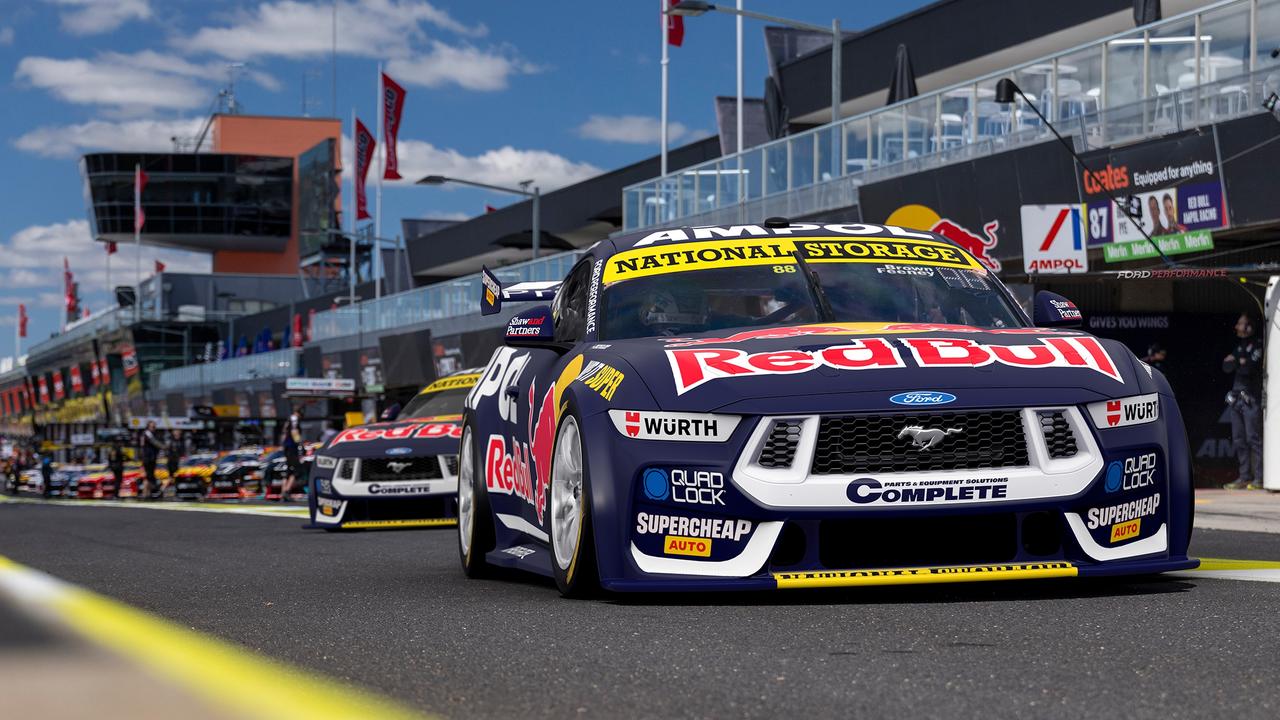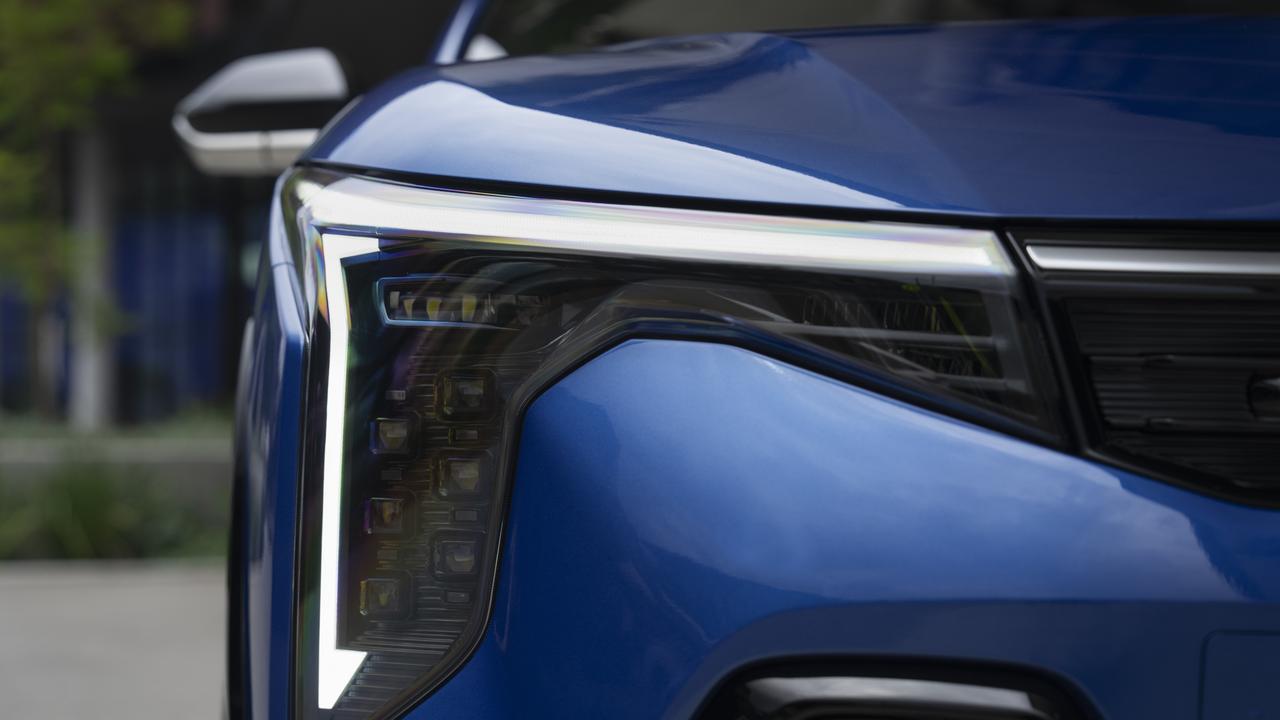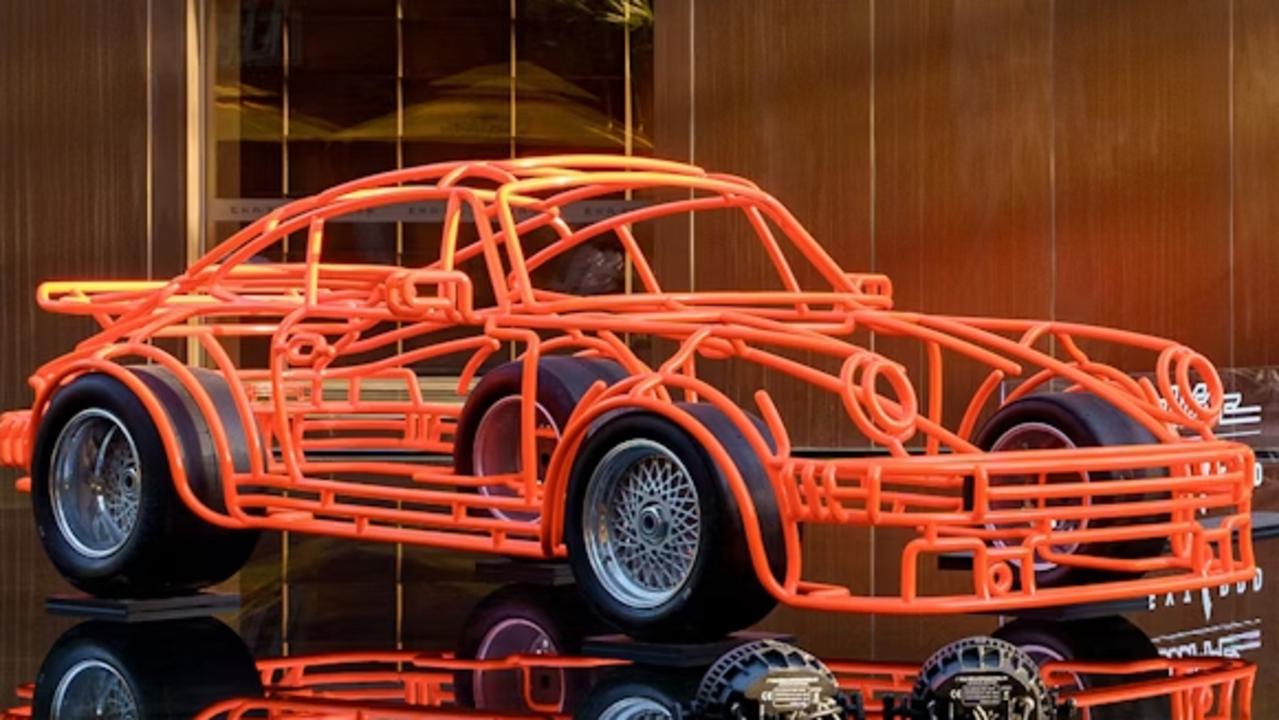Mercedes-Benz reveals dramatic new electric vehicle plans
The German car brand has announced the biggest change in its history and it will have a monumental impact on the cars Aussie drive.

Mercedes-Benz is going all in on electric cars.
The German maker has announced it will be ready to go fully electric by the end of the decade.
To make this a reality the German maker will overhaul its line-up and will have a fully-electric vehicle in every segment by the next year.
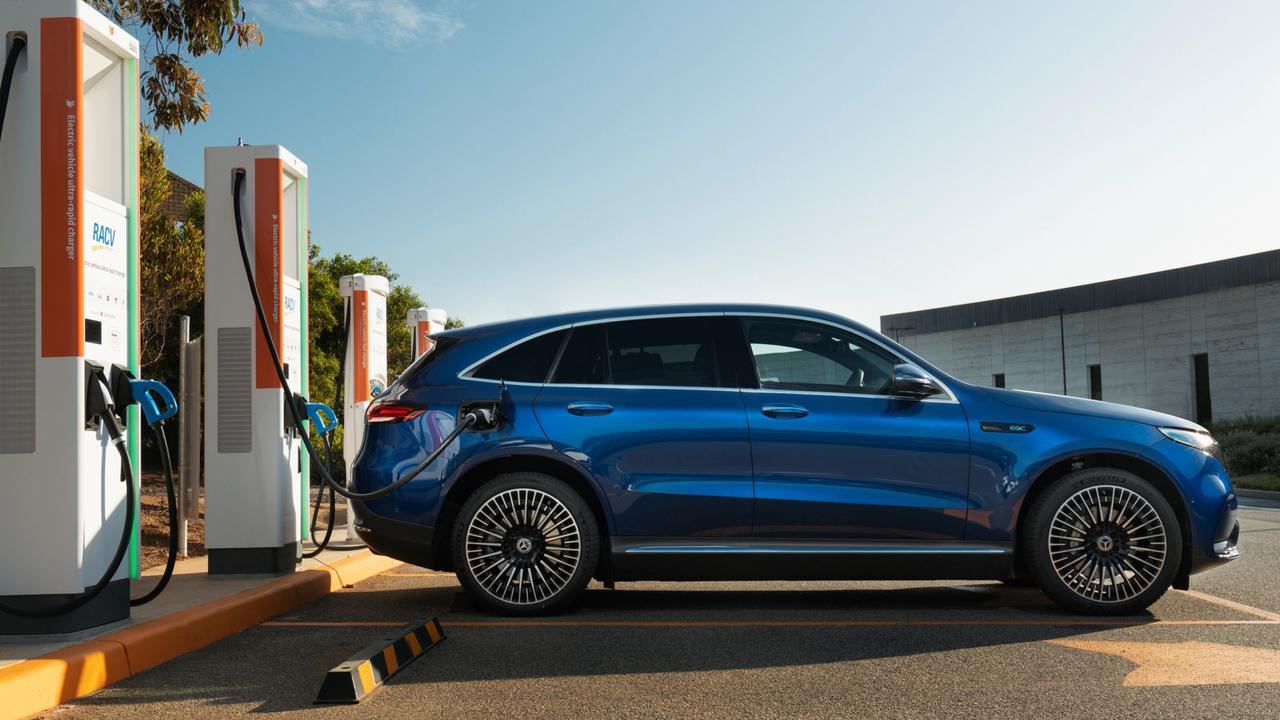
By 2025 the company won’t develop any more new petrol- or diesel-powered platforms, meaning the internal combustion engine cars won’t change mechanically after this time.
The company will only develop new electric vehicle platforms and will launch three separate ones in 2025.
These three platforms will underpin different types of vehicles. The first will cover all medium and large Mercedes-Benz passenger vehicles, the second will form the base for all electric performance vehicles and the third will be for vans and other light commercial vehicles.
Mercedes-Benz chief Ola Kallenius says the time is almost right to go fully electric and the company is investing huge amounts of capital to make sure it’s ready.
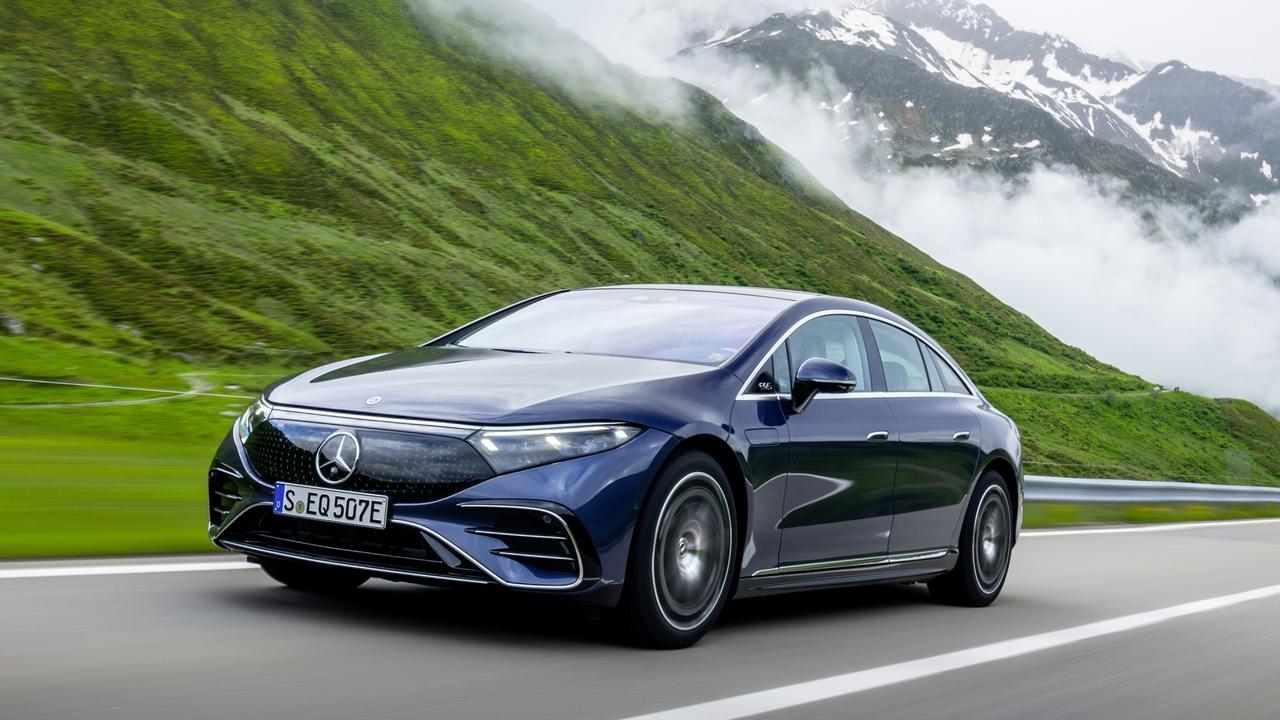
“The EV shift is picking up speed – especially in the luxury segment, where Mercedes-Benz belongs. The tipping point is getting closer and we will be ready as markets switch to electric-only by the end of this decade,” says Kallenius.
Benz plans to build eight gigafactories to produce batteries around the world and a huge charging network with more than 530,000 AC and DC charging points worldwide.
Mercedes-Benz currently sells the EQC and EQA electric SUVs in Australia and these will be joined by the new flagship EQS sedan in 2022.
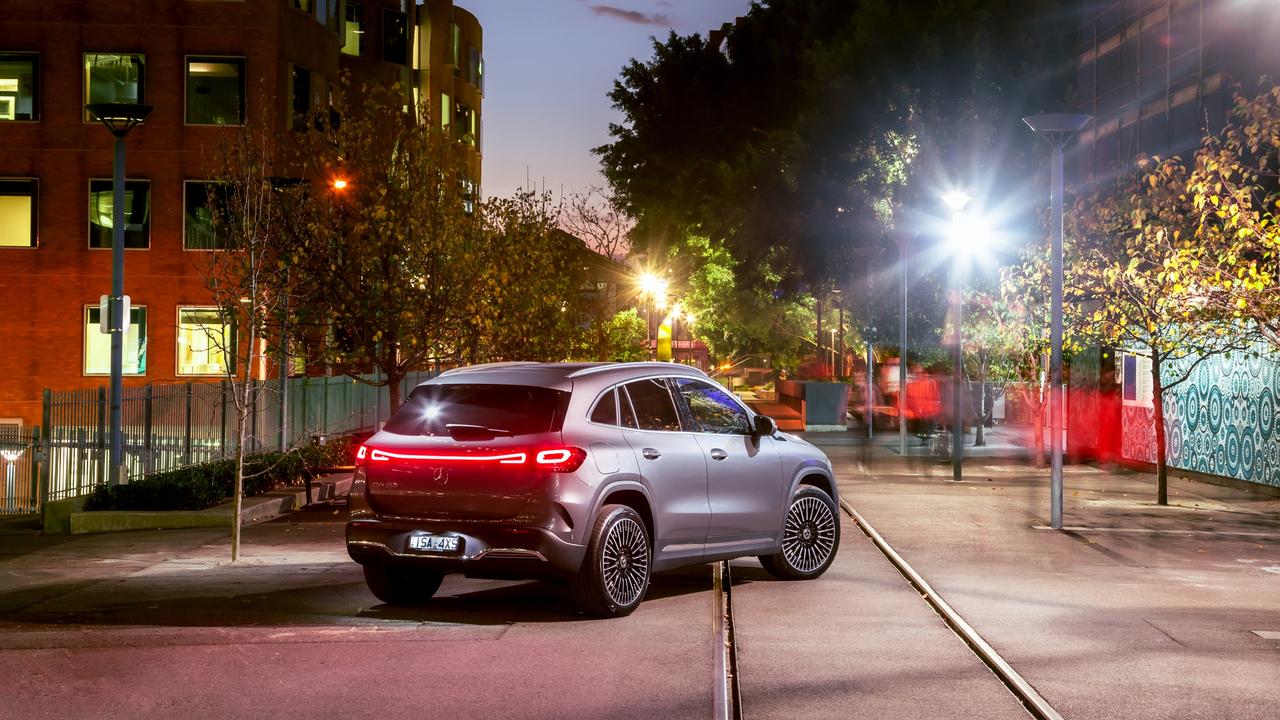
The EQS packs some impressive features. A huge battery gives it a driving range of up to 780km, which is more than most petrol powered vehicles on sale.
It is also capable of rapid charging, which can add 300km of range in just 15 minutes.
Benz did add a caveat to its electric-car revolution, saying the move to fully electric will be market dependent, so countries like Australia could see older petrol-powered vehicles on sale after 2030.
These petrol-powered cars will be vastly different to the ones we have known in the past.
The next-generation Mercedes-AMG C 63, which is due to arrive next year, will ditch V8-power for a small turbo four-cylinder engine and hybrid set-up.
It will mark the end of an era for Benz’s beefy performance car, which is known for its brutal V8 power.
The addition of hybrid power also means the company will ditch the C 63’s rear-wheel drive layout for all-wheel drive. This brings the C 63 in line with rivals such as the new BMW M3.


